We told you about one of the spots, Funagoya, the small onsen town near Yanagawa to Fukuoka’s far south. Today we’re going tell you another one to Fukuoka’s south-east, the Harazuru Onsen.
Onsen
There are a number of famous hot springs in the Chikogo area, especially along the river Chikugowa. The best known one among them is probably Harazuru.
The onsen boasts itself of “beautiful skin” onsen, which has two types of hot springs (see its official site, at http://www.harazuru.jp/): alkaline as well as sulphuric. Further, there are onsens with stronger as well as weaker alkalinity, which has different functions. The pH 8.5 slightly alkaline, for example, is said to be apt in removing dead skin or old cell of the skin. Apart from beautifying the skin, the onsen is also said to be conducive to or good for the recovery from skin diseases, knife wounds, joint pains and cold limbs.
Apart from bathing in the one that you’re staying, you could also buy a “onsen pass” called (Yu-meguri Chō, 湯巡り帳, or Hot Spring Touring Ticket) containing 7 coupons, whereby you can visit 2 to 3 onsens in the area.
Access
The hotel recommends us to either (i) take highway bus to the Haki (杷木) Interchange, and then take 5 min taxi, or (ii) take JR from Hakata to the Chikugo-Yoshii Station (筑後吉井), and then take 10 min taxi.
However, we prefer our own access because taking a taxi would seem more costly than to take the bus, which directly stops at the Harazuru Onsen. So, instead, we recommend you to take the train and then the bus. You can either take the JR to the JR Futsukaichi Station (二日市駅) or the Nishitetsu Asakura Gaido Station (朝倉街道駅). (We took the latter because we used the morning for Dazaifu by Nishitetsu.)
From either station, you can take the Nishitetsu No. 41. However, note that it is very sparse and make sure you check and match the bus and train itineraries beforehand. For us, we took the Nishitetsu No. 40 instead because we didn’t want to wait for the No. 41 bus. No. 40 does not stop at Harazuru Onsen, but stops at Harazuru, which is only around 10 minutes walk. (The ride took ~65 minutes and ¥950 per person.)
Accommodation
We stayed at the Hanamizuki Onsen Hotel (http://www.harazuru-hanamizuki.jp/), as we are told that all the rooms open to the riverside so that is really attractive.
The room was wonderful, and the window opens directly to the nearby Chikugogawa river. However, the day that we went it was too foggy and the night fell quickly.
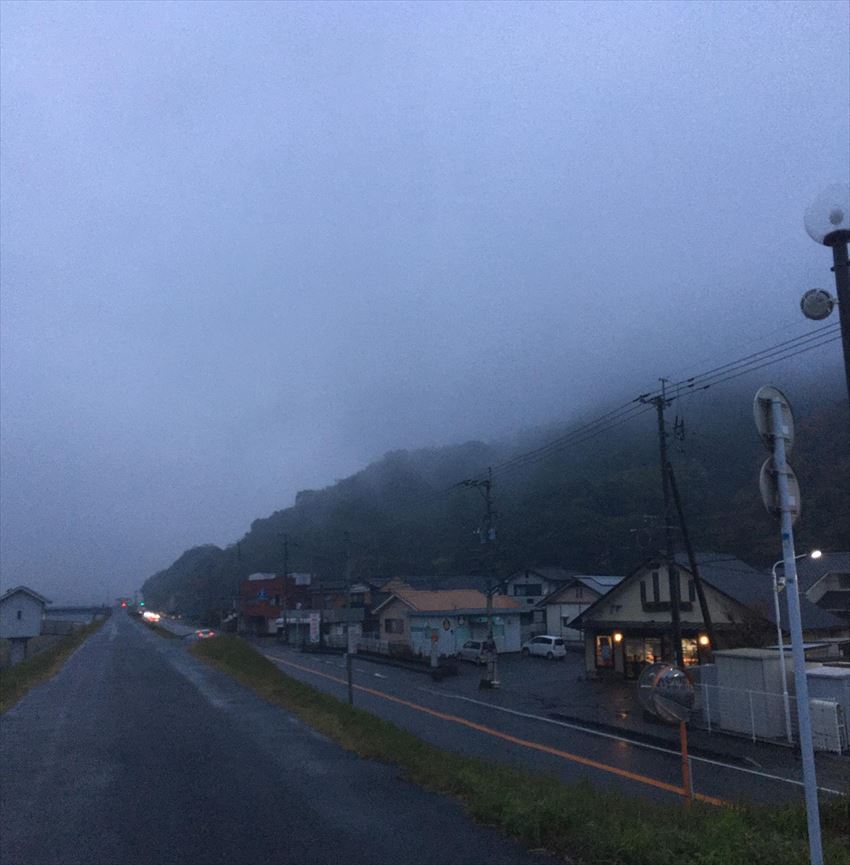
This is the room we stayed in.
For the meals, the plan we took included a fusion dinner (Japanese and Western). The food were good but, however, not great.
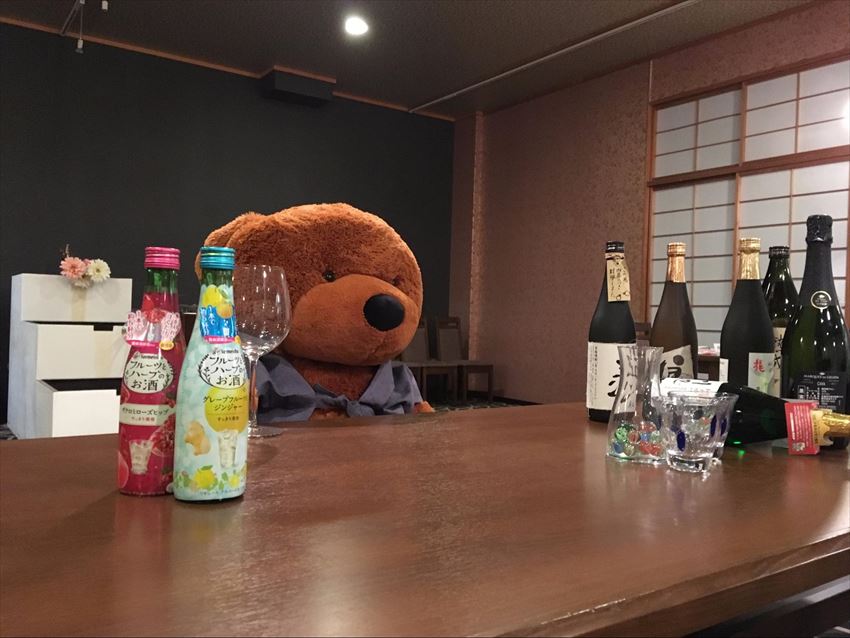
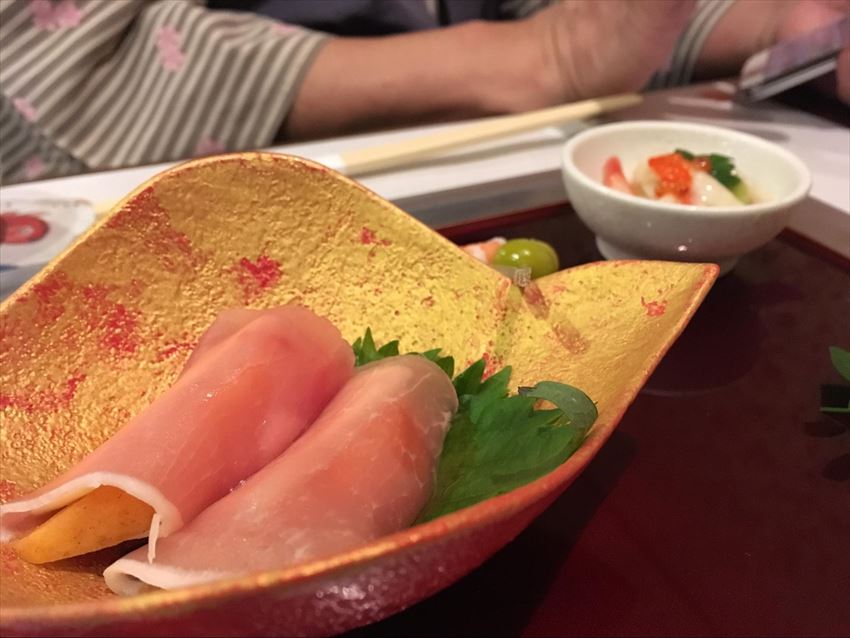
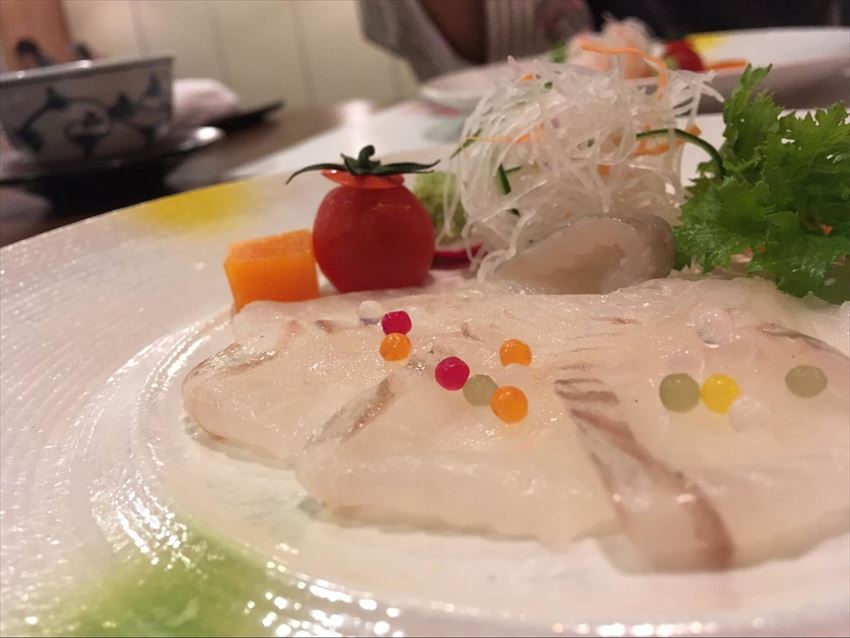
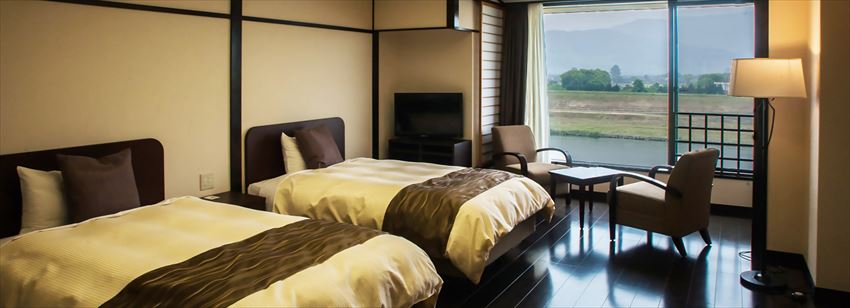
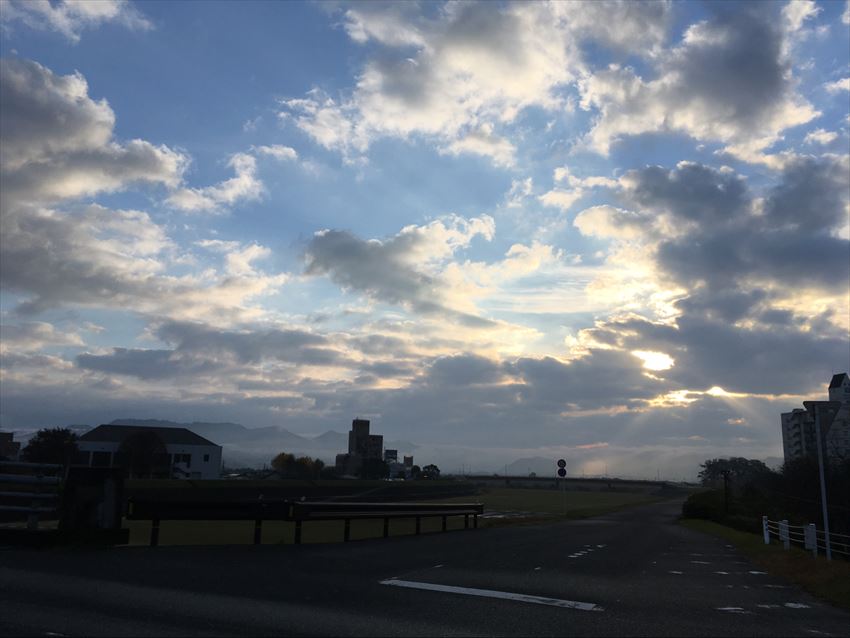
Cormorant Fishing
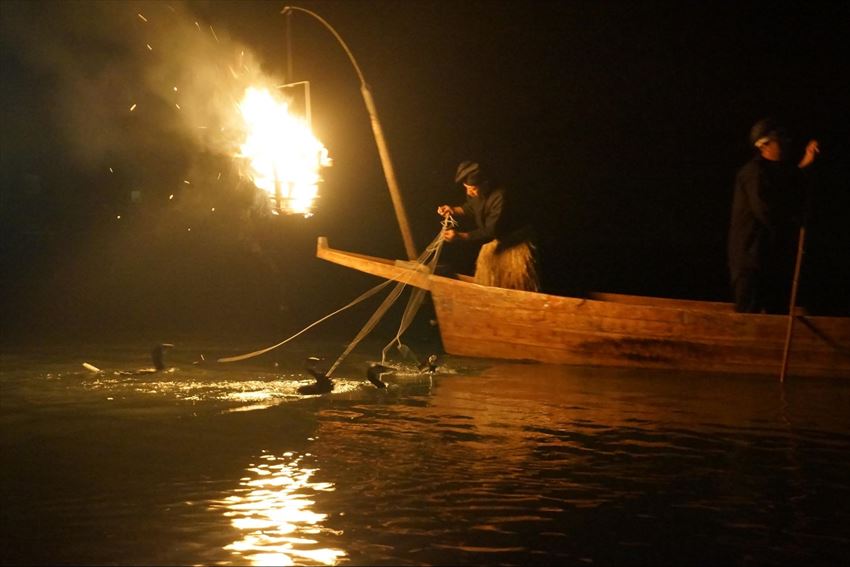
By Kentaro Ohno from flickr
Although Hanabi Taikai (Fireworks Display) is nothing uncommon in a Japanese summer, it is rare for there to be such taikai in May, such as that in Harazuru
. If you’re reading this article before May, you’re in better luck than us! Although we were not able to attend this special event, we have known of its fame among Japanese and tourists alike. That is not only because it is set in May, but also because it actually marks the beginning of the fishing season in Chikogogawa (the river siding Tsuhara Onsen as we mentioned).
The special technique is called Ukai (鵜飼い), literally cormorant fishing from early summer to autumn (May to October). This fishing method (also popular in Southern China provinces like Guilin and Yunan.
In Harazuru, apart from viewing from the river banks, you can also take their small boats (adult: ¥2,100; child: ¥1,050), from 20:30~21:30.
To book, you can ask the hotel where you’re staying, or also called the Onsen’s hotel association (0946-62-0001).
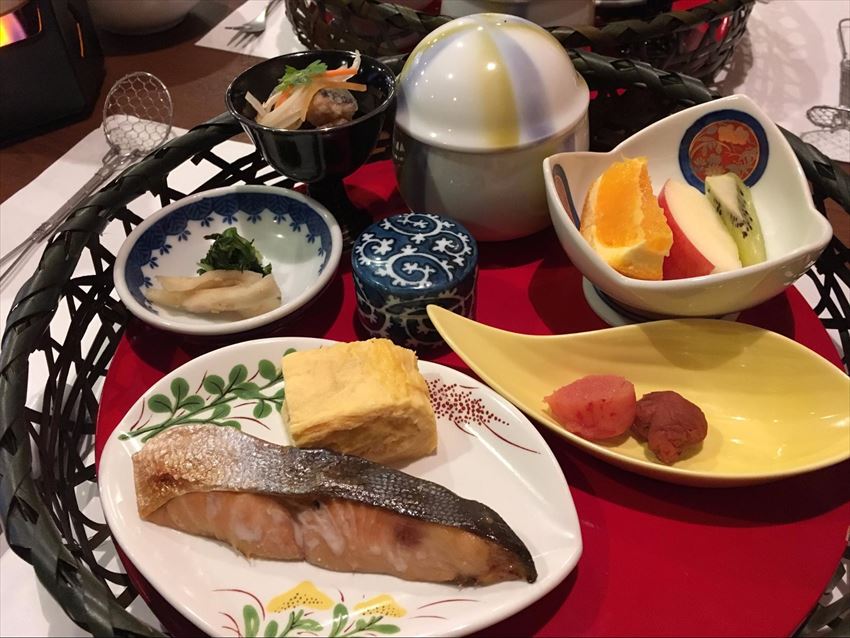
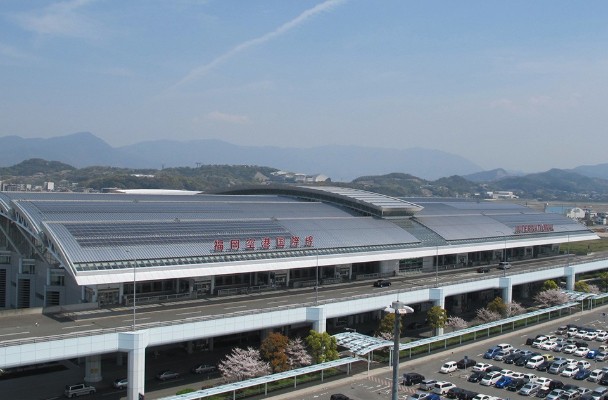
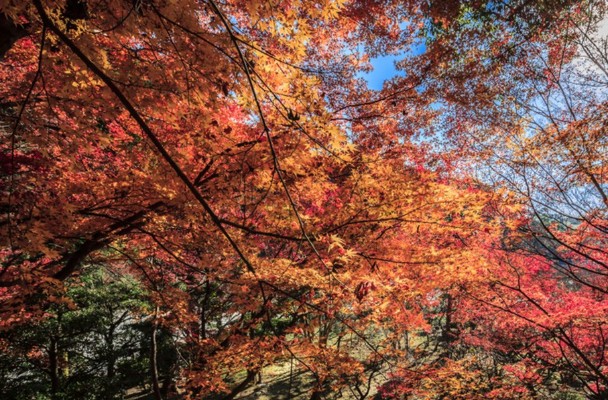

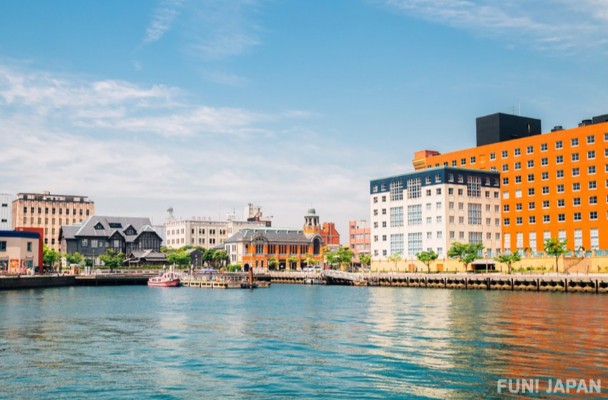
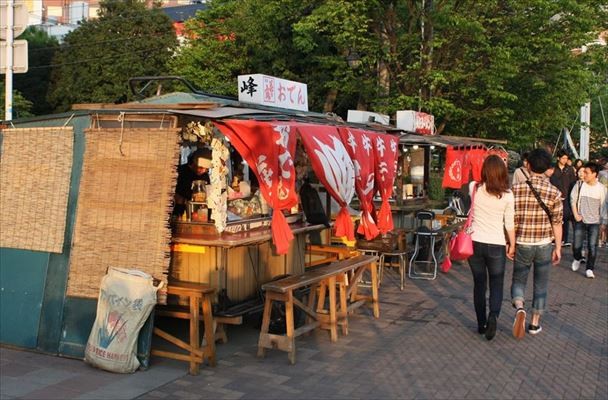
Comments